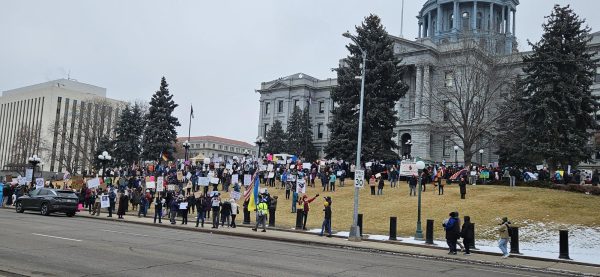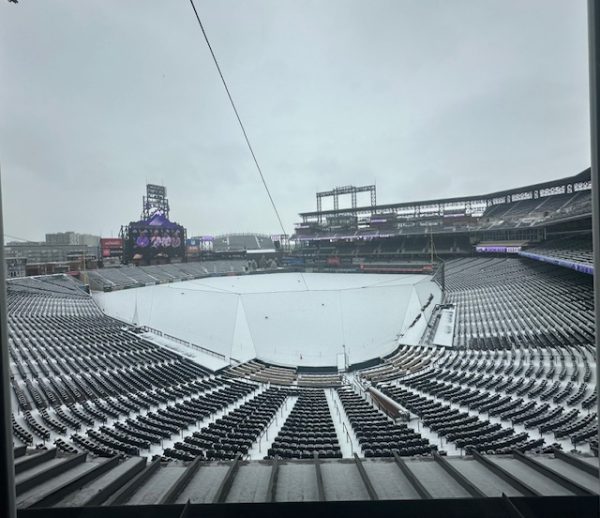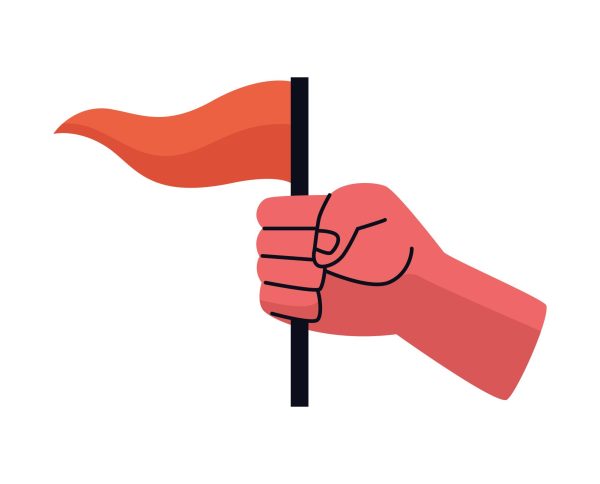Lindsay Jones, USA Today reporter decried online after asking Peyton Manning about sexual assault case during retirement press conference
The media storm that surrounded USA Today reporter Lindsay Jones following the Peyton Manning retirement press conference was unimaginable. Now that we have let time pass on the vitriolic response by social media, let us take a look at what really happened.
As all may know, Peyton Manning held a press conference on March 7 to announce his retirement. In a moment that sports does so well, Manning’s retirement brought people to near tears, causing them to forget the professional scene that was taking place in front of the podium. Dozens of reporters were present for what was to them an event worthy of covering. They were not there as fans; they were there representing their news agencies through work.
One of those reporters was Lindsay Jones, who took it upon herself to ask the question no one would ask. In weeks preceding the press conference, documents were released by the New York Daily News’s Shaun King, dredging up the sexual assault case that had haunted Peyton throughout the entirety of his 18-year career.
The surfacing of these documents, coupled with a slow sports media week, perpetuated the sexual assault story to relevancy. At the time of the press conference, the Peyton Manning sexual assault story, all of 19 years old, was just that: a story.
After a 12-minute speech, Peyton Manning fielded questions, including one from Lindsay Jones on the subject of that sexual assault case. Jones merely asked if Manning could comment on the allegations and how they have overtaken the story. This was not a hard hitting, revelatory question; it was posed politely and respectfully, and was open ended so that Manning had complete control over the narrative of his response.
Manning disregarded the question completely and in crowd-pleasing fashion, transitioned to his next question with a Forrest Gump quote. If it would have ended there, the story would have been over but, unfortunately for Jones, it did not.
The general sense of the improper time and place of the question caused an immediate backlash on social media. That response later turned into a rant-filled, misogynistic, tirade of hatred against a woman’s place in sports. The issue of the question itself became secondary, and the issue devolved into the Internet consuming itself in ignorance.
This type of reaction was uncalled for and extremely disrespectful for an accomplished journalist. Jones said it best in her March 7 tweet, “Manning deserved a chance to respond to what everyone has been saying about him for the last month. I had to ask.”
Manning did deserve an opportunity to respond and Jones had a right to ask at the time. This was a press conference, not a private interview. He invited all of the reporters that were present and by the time the question was asked, he had been sufficiently buttered up. Manning had to know that question was coming. He was not available before the press conference to comment on the question, and he surely was not going to be available to comment after the press conference. The real issue here is not whether the question should have been asked, it’s whether or not the response would have been different if it were a man asking the question.

Anthony Silio, a second year student in ACC’s journalism program. Born and raised in Miami, FL., Anthony moved to Denver almost two years ago. He enjoys sports, but has not abandoned his hometown fandom. He would like to continue...












